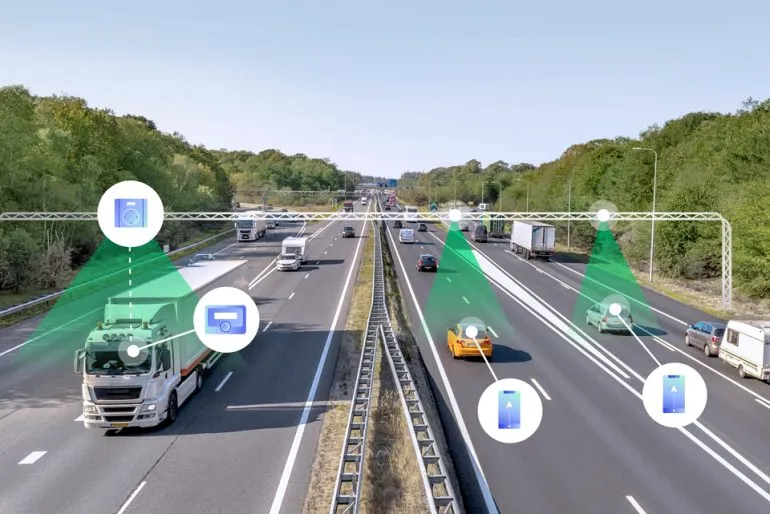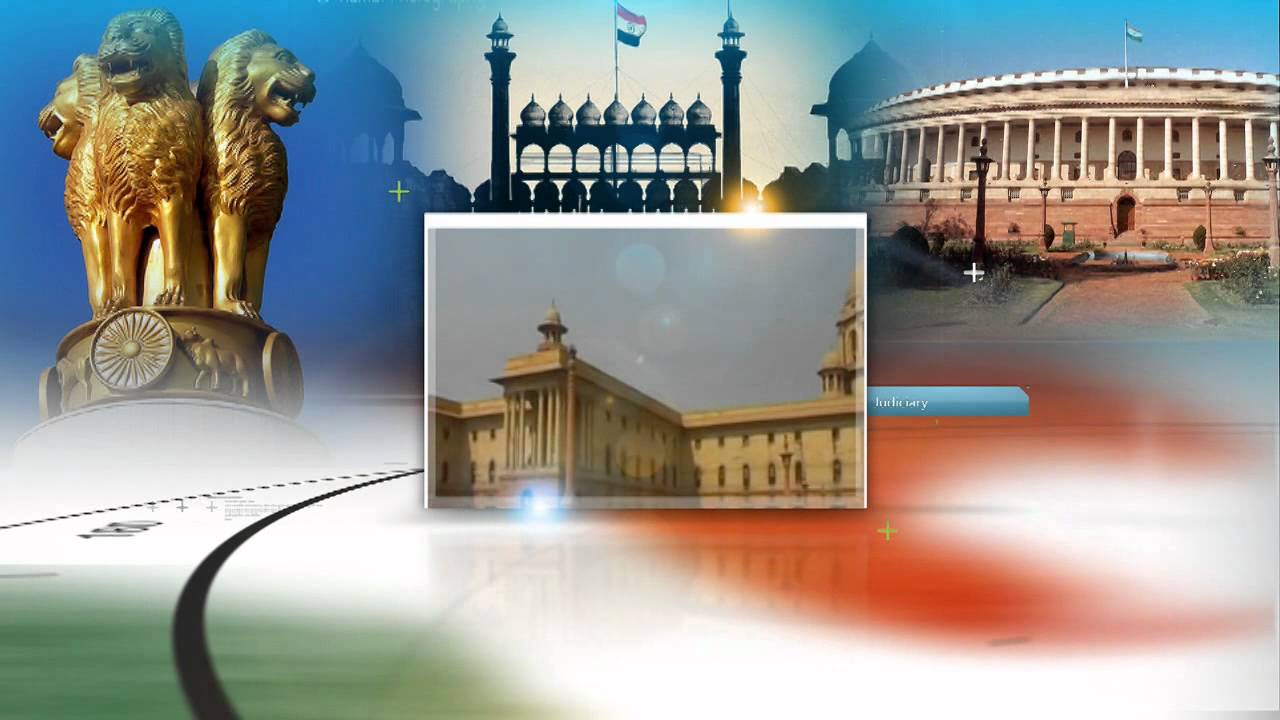Font size:
Print
Cryptocurrency
Context:
The official YouTube channel of the Supreme Court of India was hacked for several hours on September 20, 2024, in a significant cybersecurity breach.

More on News
- During this time, the channel featured videos promoting XRP, a cryptocurrency developed by Ripple Labs, a U.S.-based company.
- The channel was later disabled, showing a 404 error message to visitors.
- Additionally, it appears that the hackers made previous videos of Supreme Court hearings private.
- This attack follows similar incidents, such as the hacking of Hyderabad Metro’s X (formerly Twitter) account, which promoted a cryptocurrency token named $HACKED on the Solana blockchain. A day later, the Indian Hockey team’s X account was also hacked, displaying a message promoting the same token.
What is Cryptocurrency?
- Cryptocurrency is a digital or virtual currency that is secured by cryptography, making it nearly impossible to counterfeit or double-spend.
- It is a form of digital money designed to be used over the internet.
- Cryptocurrencies are decentralised, meaning they are not issued or controlled by any government or central authority.

How Does Cryptocurrency Work?
- Cryptocurrencies run on a distributed public ledger called a blockchain, which is a record of all transactions updated and held by currency holders.
- Transactions are verified by network nodes and recorded and cannot be altered.
Cryptocurrency and India
- Legality: Cryptocurrencies are legal in India, allowing individuals to trade and hold digital assets but they lack clear regulatory guidelines.
- Taxation: The Indian government has implemented a 30% tax on income from cryptocurrency transactions and a 1% Tax Deducted at Source (TDS) on transactions exceeding ₹50,000 annually.
- Proposed Legislation: The Cryptocurrency and Regulation of Official Digital Currency Bill, 2021 aims to create a regulatory framework for cryptocurrencies.



